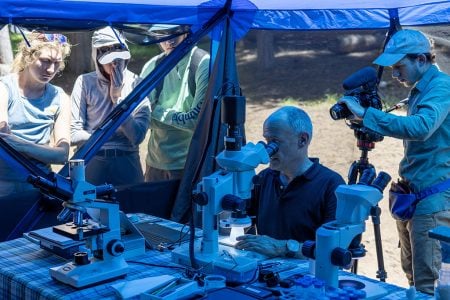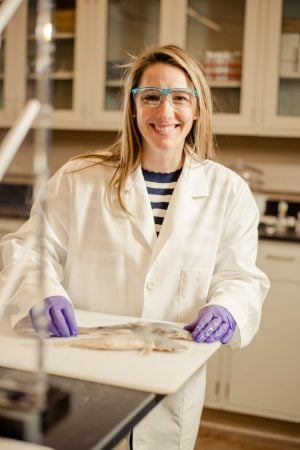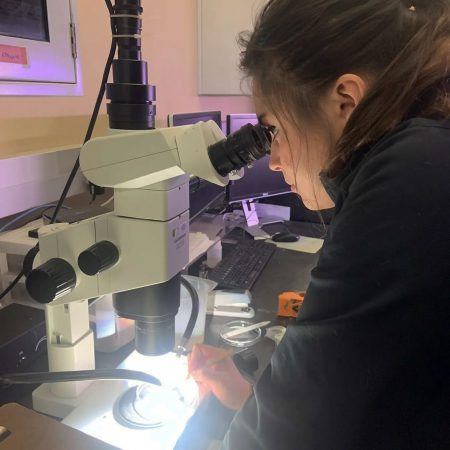Please join Biological Sciences and Dr. Thomas Werner, professor of genetics and developmental biology (BioSci), in celebrating the release of Daniel Shaykevich’s documentary film, “All The Little Things.”
This documentary follows Dr. Werner as he moves outside of the lab in a quest to make an encyclopedia documenting all the fruit fly species in North America.
The Van Pelt and Opie Library will screen the film Wednesday, Jan. 22, in the Library East Reading Room. Opening remarks will begin at 2 p.m. with a Q&A to follow the film. Popcorn will be served!
Read more about Dr. Werner’s journey on the College of Science and Arts Newsblog!
About the Biological Sciences Department
Biological scientists at Michigan Technological University help students apply academic concepts to real-world issues: improving healthcare, conserving biodiversity, advancing agriculture, and unlocking the secrets of evolution and genetics. The Biological Sciences Department offers seven undergraduate degrees and three graduate degrees. Supercharge your biology skills to meet the demands of a technology-driven society at a flagship public research university powered by science, technology, engineering, and math. Graduate with the theoretical knowledge and practical experience needed to solve real-world problems and succeed in academia, research, and tomorrow’s high-tech business landscape.
Questions? Contact us at biology@mtu.edu. Follow us on Facebook and Instagram for the latest happenings.







